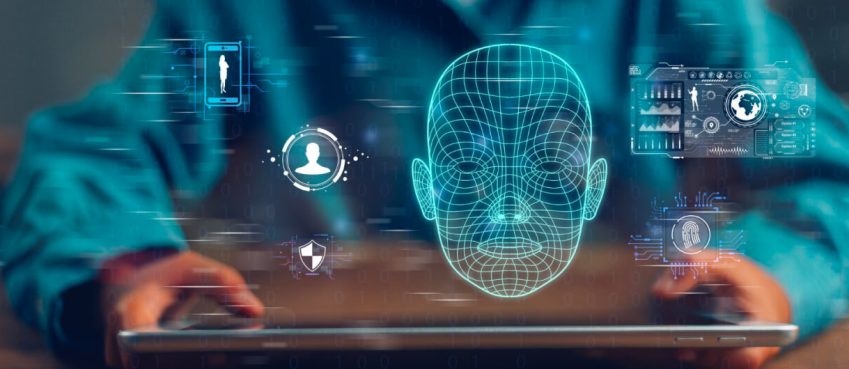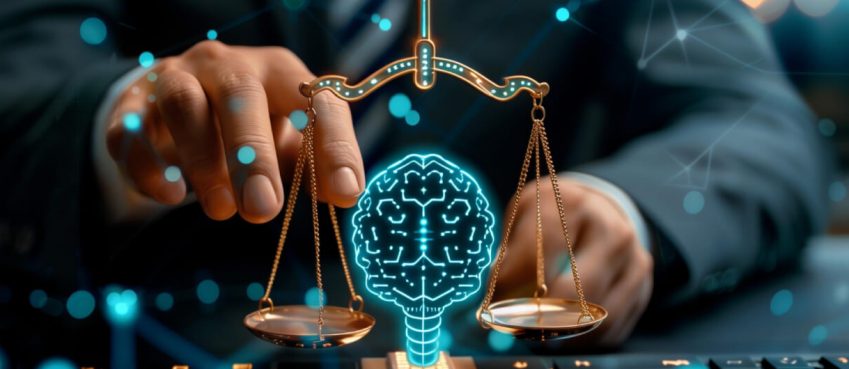
Retail is a highly data driven industry. Retailers have been using traditional analytics over the years. However, the advent of Artificial Intelligence (AI) and Machine Learning (ML) has opened up a whole lot of new possibilities to gain deeper insights with data processing.
The artificial intelligence in retail market is expected to grow at a CAGR of 35.9% from 2019 to 2025 to reach $15.3 billion by 2025.
The growth in the artificial intelligence services in retail market is driven by several factors such as the rising number of internet users, increasing adoption of smart devices, rapid adoption of advances in technology across retail chain, and increasing adoption of the multi-channel or omnichannel retailing strategy.
As of today, retailers across the globe are readily integrating or considering to integrate AI with their businesses.
Retailers adopting AI strategically and holistically across the entire product and service cycle — from pricing strategies to post sale customer service interactions are bound to succeed.
Let’s take a look at 10 applications of artificial intelligence in retail market
-
Personalized marketing initiatives
Using AI algorithms, retail businesses can run targeted marketing campaigns based on customers’ region, preferences, gender, and purchasing habits.
Offering a personalized experience makes customers feel that you care for them and in turn drive greater customer loyalty and retention. This also helps in generating higher revenue per customer.
Also read: 10 Business-Critical Digital Marketing Trends For 2021
-
Demand prediction
In times such as now, where the world is currently facing pandemic and other uncertain occurrences, the demand for various goods are fluctuating rapidly.
Using Artificial Intelligence and machine learning algorithms to predict demand can help retailers be better prepared and strengthen their supply chain.
-
Behavioral analytics
Retail stores equipped with AI backed surveillance powered with computer vision technology can gain insights into customer behaviour within their store.
Heatmaps can be obtained that will help retailers realize which areas of their store are frequented the most and near which products are customers spending most of their time.
This can help retailers understand customer engagement with the store layout and also optimize operations for higher engagement and revenues. You can also monitor facial expressions to measure customer satisfaction.
-
Price optimization
A huge amount of data processed by machine learning algorithms can enable retailers to determine the minimum or maximum price customers are willing to pay for a certain product. This can help optimize the prices accordingly to generate higher sales with better margins.
-
Digital racks and signages
With contact-less experiences becoming a crucial part of customer expectations, AI along with IoT and VR can offer a seamless experience with digital racks and signages equipped with gesture controls.
These can be used to display personalized offers and advertisements, enhance product visualization through virtual trials, and even gather data and insights into customer behavior and preferences optimizing their product portfolio for much better retail experience delivery.
-
Churn rate prediction
Customer churn is a great concern for any retailer because when they lose one of their customers, they not only lose all potential profit but also all the money that was invested in attracting and building a relationship with the customer.
The cost of retaining a customer is 5 times less compared to acquiring a new one. Machine Learning systems can track situations that are very likely to result in the loss of the customer so that the company can take the most urgent measures to retain them.
-
Predictive analytics
Predictive analytics through Machine learning can determine what trends are likely to emerge and how customers would respond to them with maximum accuracy.
This helps retailers make better-informed decisions built on common sense and a huge array of historical, current, and alleged data. By keeping up with trends, retailers can come up with a better product offering and shopping experience for their customers.
-
Customer support via chatbots
Chatbots have proven to be highly efficient and cost-effective in customer service. They offer multiple benefits such as instant response, resolution of routine problems, gathering basic information and making product recommendations to name a few.
AI-powered chatbots are a league ahead of linguistic chatbots and others. They have a much better resolution rate and generate higher end-user satisfaction.
Here’s how we helped an enterprise develop an intuitive chatbot to increase its customer base, drive growth, and serve as an intelligent service agent.
With the help of chatbots, companies can handle thousands of queries simultaneously, without having to employ a large workforce. Using AI, chatbots can get smarter by the day and develop better responses based on customer data. This data can also be used for predictive analysis.
Also read: 7 Best AI Music Generator In 2024 (100% Working)
-
Support decision making
AI technology is believed to be crucial for retail business decision-makers. This can help retailers to figure out their customers’ demands and needs, which will make them more customer-centric. Using AI, retailers can make well-informed decisions with respect to store operations, stock management, product portfolio, and more.
-
Logistics support
Many retailers are now offering doorstep delivery themselves as customers prefer to stay home and order due to the coronavirus pandemic. AI and machine learning algorithms can be employed for the formulation of routes for the delivery of goods to various customers.
Smart systems make logistics more thoughtful, achieving two goals at the same time – the maximum possible improvement of customer service due to rapid delivery, and the maximum reduction of retailer’s costs.
Conclusion
With the increasing benefits and rate of adoption of AI and machine learning, these technologies are soon to become indispensable resources for retail businesses.
To keep up with the current changes in consumer behavior and emerging trends such as eCommerce, retailers will have to consider digital transformation through technologies like AI to stay ahead of the competition.
There is a real need for automation and deeper data analysis to identify patterns that support cost-effective and accurate decisions. Retailers will have to innovate and experiment to deliver a superior shopping experience that their customers expect.
Top 10 News
-
01
[10 BEST] AI Influencer Generator Apps Trending Right Now
Monday March 17, 2025
-
02
The 10 Best Companies Providing Electric Fencing For Busines...
Tuesday March 11, 2025
-
03
Top 10 Social Security Fairness Act Benefits In 2025
Wednesday March 5, 2025
-
04
Top 10 AI Infrastructure Companies In The World
Tuesday February 11, 2025
-
05
What Are Top 10 Blood Thinners To Minimize Heart Disease?
Wednesday January 22, 2025
-
06
10 Top-Rated AI Hugging Video Generator (Turn Images Into Ki...
Monday December 23, 2024
-
07
10 Top-Rated Face Swap AI Tools (Swap Photo & Video Ins...
Friday December 20, 2024
-
08
10 Exciting iPhone 16 Features You Can Try Right Now
Tuesday November 19, 2024
-
09
10 Best Anatomy Apps For Physiologist Beginners
Tuesday November 12, 2024
-
10
Top 10 Websites And Apps Like Thumbtack
Tuesday November 5, 2024







